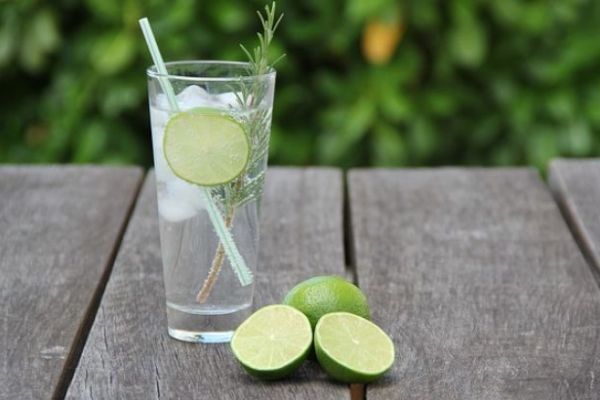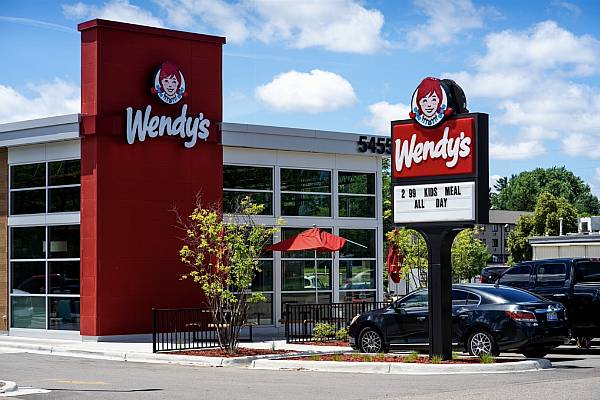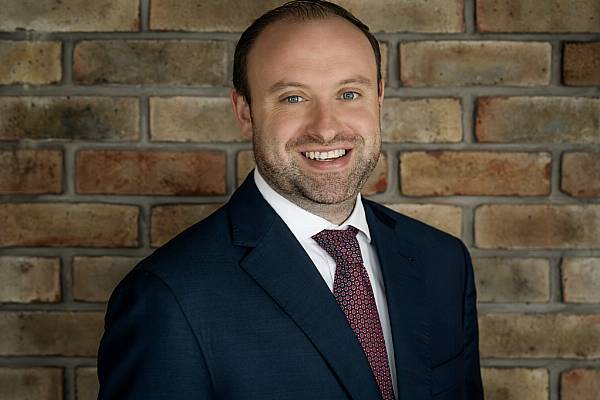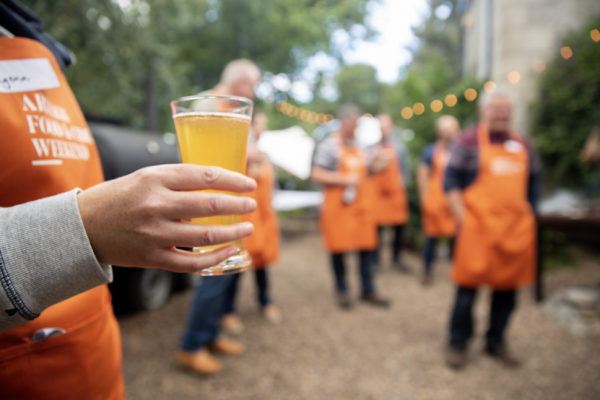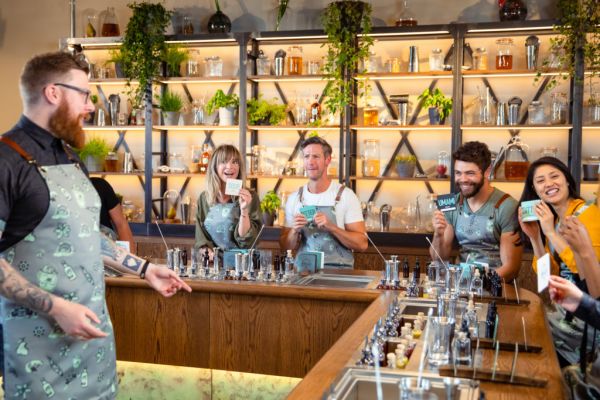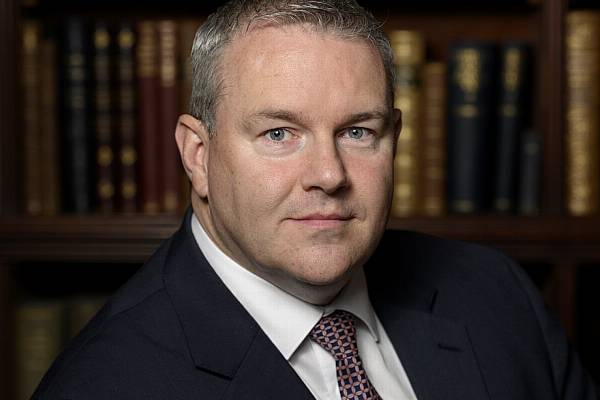Nigel Isherwood was so concerned about the fate of the global financial system last year that he turned to booze.
Since July, Isherwood has used a UK-based exchange to buy £41,000 ($51,300) of un-bottled whisky still maturing inside 200-litre (53-gallon) oak casks -- a bet that the Scotch will increase in value over time. His portfolio also includes fine French wine and precious metals. He sees those non-traditional assets as a financial hedge, especially if inflation takes off.
“I don’t know anything about whisky, but it doesn’t matter to me,” Isherwood, 50, said by email from Adelaide, South Australia, where he works as a sports coach. “I know that spreading capital around is always good sense. Maturing whisky fits my investment principles.”
With 40-year-old Scotch fetching more than $2,000 a bottle and consumption of all whiskies growing globally, it’s perhaps no surprise that investors would look to profit from the market. Price increases over the past eight years have been more than double those of gold or silver, based on industry data tracked by WhiskyInvestDirect, which offers trading in casks from 18 Scottish distilleries.
Scotland, the world’s biggest whisky seller, exports more than 1 billion bottles a year and makes the only kind that can be called Scotch, according to the Scotch Whisky Association. The country has about 20 million maturing casks in warehouses. It takes at least three years before the spirits can be bottled, though higher-end varieties may sit for 12 years or more. A typical cask contains enough for about 267 standard 750-millilitre bottles.
The owners of London-based Galmarley Ltd., which founded WhiskyInvestDirect, figured all those litres sitting for years in warehouses could be bought and sold by investors, which had the potential to transform the way distilleries finance their businesses. Galmarley has some related experience. In 2003, it created BullionVault, a platform for trading physical gold and silver that now handles about $2 billion in transactions annually.
Aged Casks
“Whisky in a barrel is getting better all the time, unlike gold and silver,” said Rupert Patrick, the chief executive officer of WhiskyInvestDirect who had worked 24 years in the industry, first at a Scottish distiller and then for distributors Diageo Plc and Beam Suntory Inc. “The prices have gone up as you keep it and improve it. When we look at other asset classes, and other options of investing money such as bonds and stocks, it’s a pretty good return.”
Based on average historical prices, newly produced Scotch over the past eight years is up about 143%, excluding storage and trading costs, according to the exchange. Over that same period, gold gained 48% and silver advanced 55%. Whisky also outperformed the main equity indexes in Europe and Japan, though it was eclipsed by the US benchmark, the Standard & Poor’s 500 Index, which jumped 170%.
The whisky exchange got its start in 2015 by acquiring some maturing casks in warehouses and then offering them for sale. Customers trade by the litre, and owners pay additional fees for storage. The online platform is open all day, every day. On Monday, a barrel of bourbon filled by the Glen Moray distillery during the third quarter last year was offered for £2.78 per litre of pure alcohol, up 15% since Aug. 8, exchange data show.
“Whisky is an attractive investment,” especially for anyone seeking alternative assets, said Kotaro Yoshizawa, who runs a trading house in Tokyo and began buying the booze off the UK exchange after it opened. “When compared with equities, I can call it a safe asset.”
Small Market
To be sure, the marketplace created by WhiskyInvestDirect is still relatively small. There are only about 4,000 investor accounts with almost £10 million invested in roughly 3 million litres. About 70% of customers are in the UK
But the company is eyeing expansion in other markets where whisky sales are growing, including Japan, where interest rates near zero mean bank deposits and government bonds provide no yield, Patrick said. Later this year, the exchange will start dollar-based trading of Scotch, followed by yen-denominated transactions. Over the next decade, he says the exchange could be handling 30 million litres.
“The merit of investing in whisky is risk dispersion,” said Yasuo Sugeno, senior economist at Daiwa Institute of Research. “Its demerit, like gold, is that investors cannot get dividends while holding it.”
While Japanese distilleries now make some of the most-prized whiskies in the world, domestic demand exceeds production. Imports in 2016 reached a 14-year high of 37,835 kilolitres, up 22% from a year earlier and more than double what they were a decade ago. The UK was the largest supplier at 23,476 kilolitres, or 62% of the total, followed by the US and Canada.
An increasingly popular cocktail in Japan is the highball, made with whisky and soda. Scotch also has a history in the country. Masataka Taketsuru, the founder of Asahi Group Holdings’ Nikka Whisky, learned how to make whisky in Scotland about a century ago. Taketsuru also worked as the head of the Yamazaki distillery of Suntory Holdings, Japan’s largest distiller.
“Turning wholesale whisky into an asset investable for individuals is a very unique idea,” said Kazuhiko Saito, chief analyst at Fujitomi Co., a commodity broker in Tokyo. “No other companies are providing such a product in Japan. Whisky’s nature -- that its value increases as it ages -- is completely different from other commodities. In that sense, it may attract interest from investors.”
News by Bloomberg, edited by Hospitaliy Ireland
